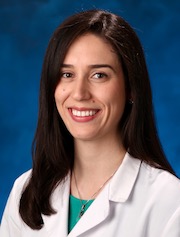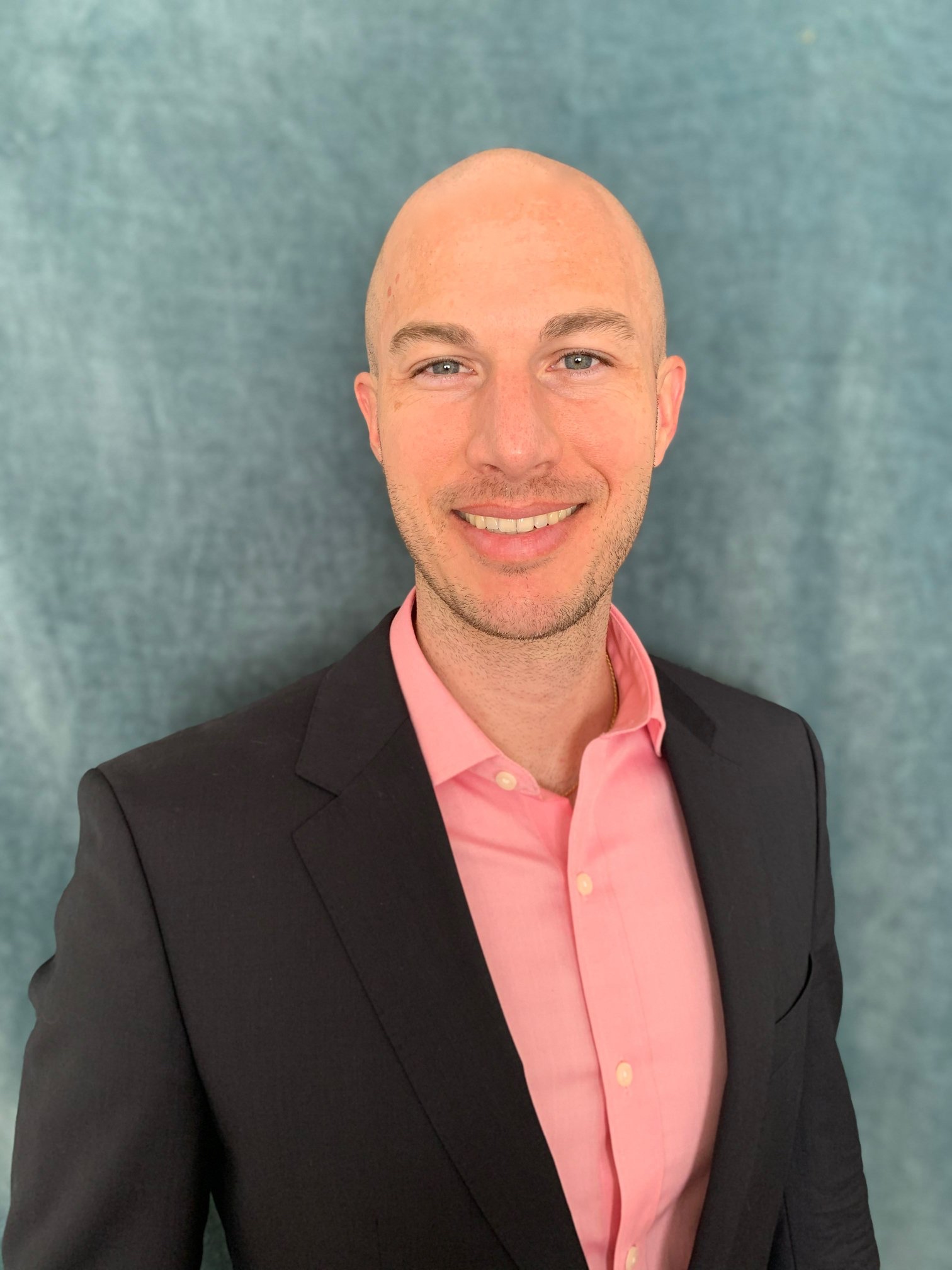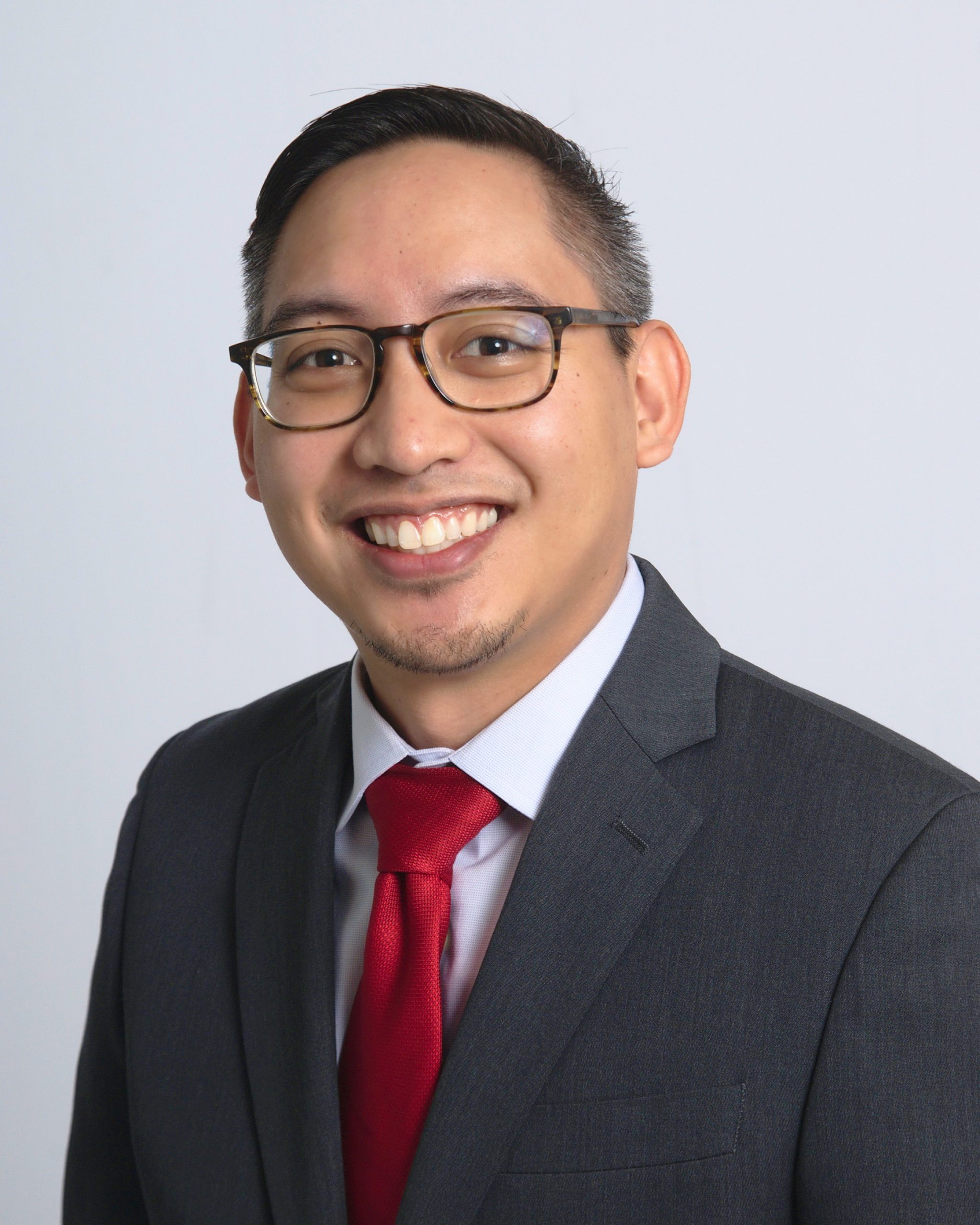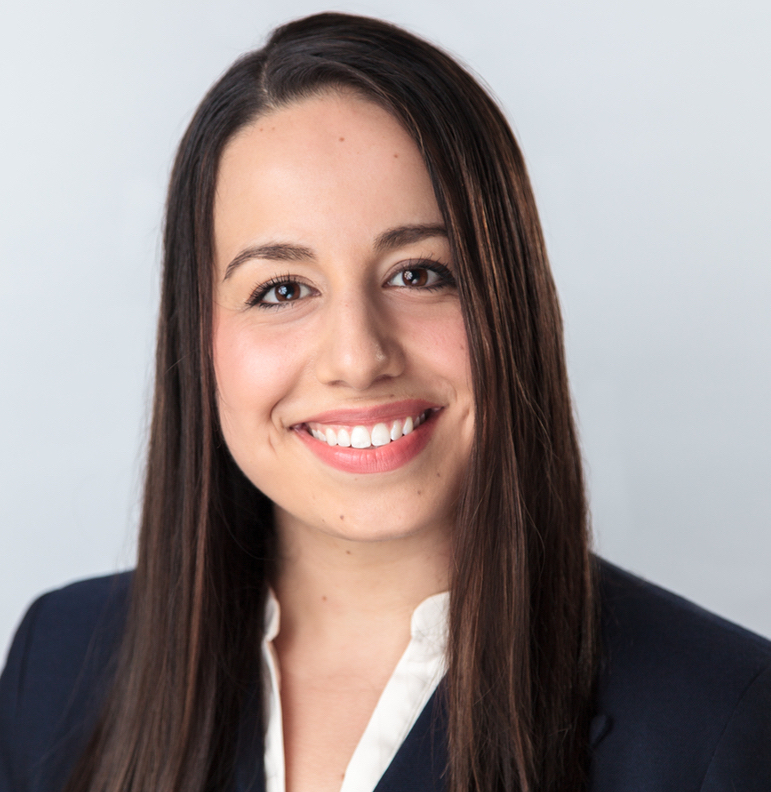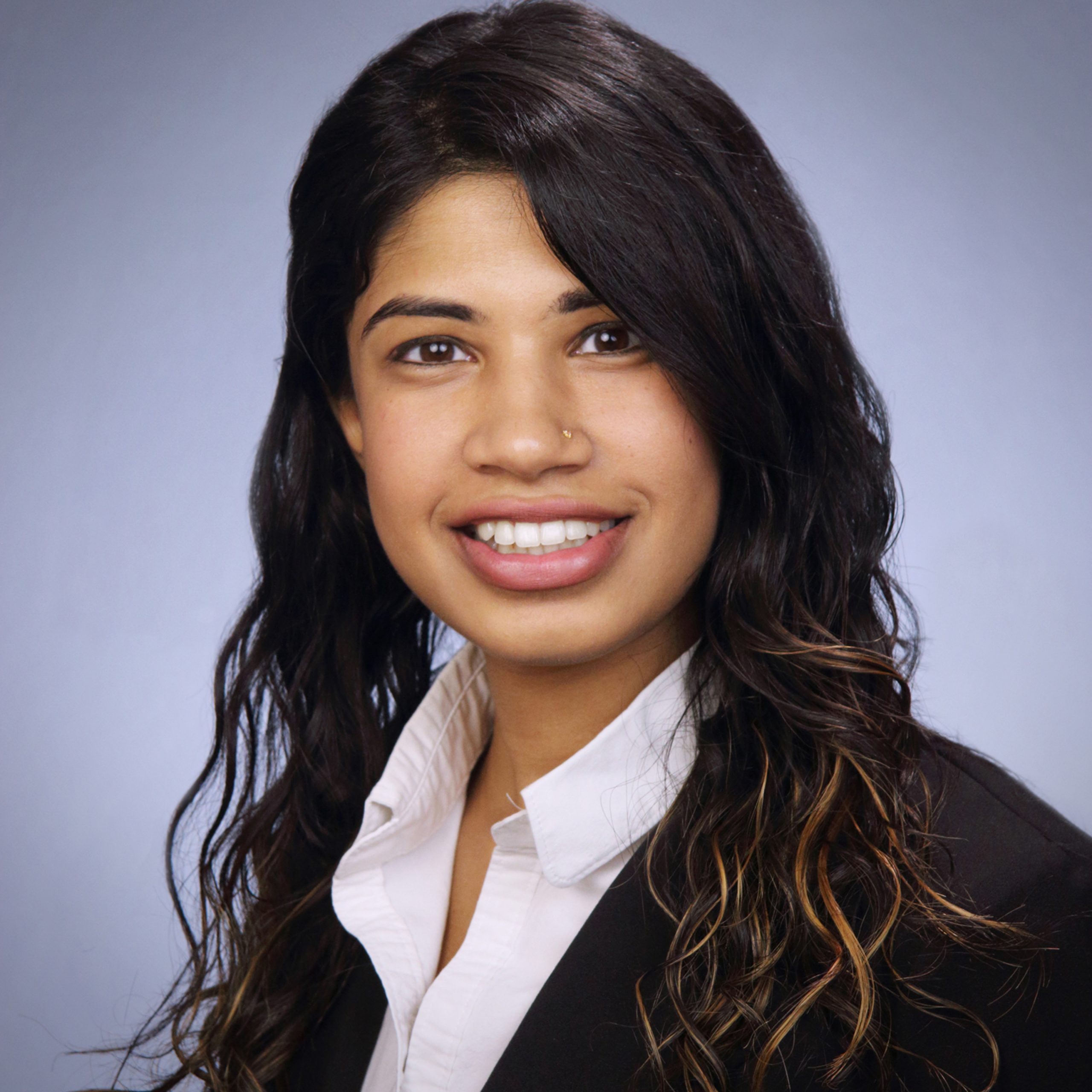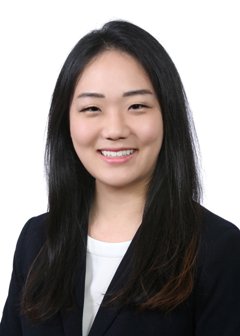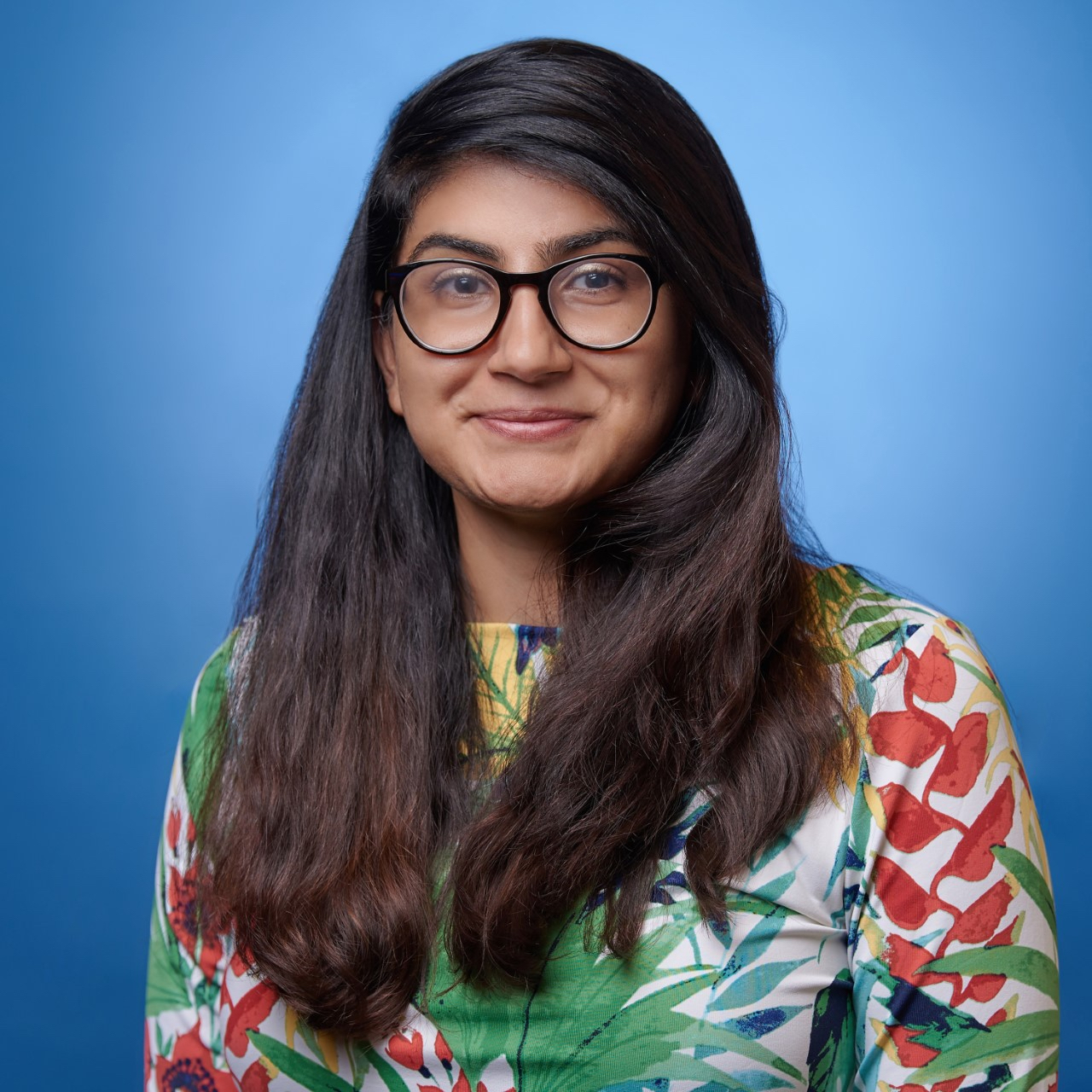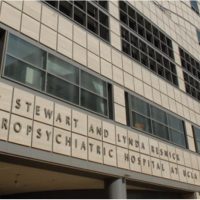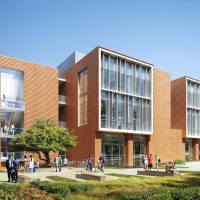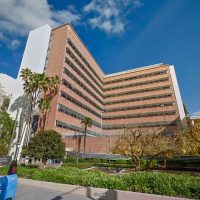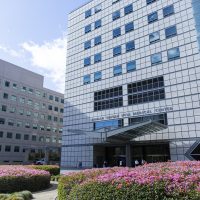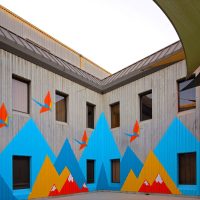Areas of Distinction
As a UCLA Child and Adolescent Psychiatry Fellow, you will have the opportunity to focus your training and gain additional skills that prioritize education over service in a specific area. We are pleased to offer four Areas of Distinction (AODs):
Community-Global Child Psychiatry
Co-Directors: Manal Khan, MD and Brandon Ito, MD, MPH
What is the Child Global and Community Psychiatry Area of Distinction?
The Child Global and Community Psychiatry Area of Distinction aims to provide interested fellows with additional learning opportunities in global and community child psychiatry through mentorship, didactics, clinical electives, a scholarly project, and case conferences. The CGCP Area of Distinction aims to improve the ability of graduating fellows to obtain advanced experiences in education, advocacy, clinical care and/or research in global or community psychiatry.
What are the requirements for the Area of Distinction?
Fellows accepted into the Child Global and Community Psychiatry Area of Distinction must meet all of the following requirements by the end of fellowship:
• Participating fellows are required to meet at least quarterly during the first year of fellowship and monthly during the second year of fellowship. 70% attendance at CGCP meetings is expected.
• Additionally participating fellows can attend meetings held by CGP (Community and Global Psychiatry).
• Completion of a CGCP project/experience in the second year of fellowship. Potential CGCP projects include, but not limited by, the following:
1) systems of care experience that goes beyond required community rotation;
2) child/family cases in the asylum clinic;
3) CGCP advocacy/policy experience;
4) developing/implementing a new lecture on a CGCP topic;
5) CGCP research project/scholarly activity
What topics are covered during the concentration didactics?
The educational programming is adapted to meet the cohorts’ interests. The topics included in monthly meetings are working with minoritized children and families, policy and its impact on outcomes, colonization, immigration, prejudice against children, etc.
Service based experiences can include Asylum Evaluations, TIES for Families (working with the foster care system), Juvenile Justice Settings (Halls, Camps, Courts, etc), School Based Mental Health Clinic, Regional Center Clinic, and Global Psychiatry Experiences (when available).
Scholarly experiences can include designing and administering educational programming for conferences, fellows/residents and/or community partners, conducting listening sessions to systems such as LAUSD, faith-based community centers, and special populations, collaborating on action papers, and research/publication, etc.
Clinician-Educator
Co-Directors: Natalie Ramos, MD and Sabrina Reed, MD, MA
What is the Clinician-Educator Area of Distinction?
The Clinician-Educator Area of Distinction aims to provide interested residents with formal training in medical education through a structured curriculum on educational principles, mentoring with clinician-educator faculty, and the opportunity to work on an educational innovation. The Area of Distinction aims to improve the ability of graduating residents to obtain junior faculty positions or other roles where they can stay engaged in teaching and education.
What are the requirements for the Area of Distinction?
Fellows accepted into the Clinician-Educator Area of Distinction must meet all of the following requirements by the end of fellowship:
- Meet monthly with a faculty clinician-educator during the first and second years of the fellowship for mentorship.
- Participate in a medical education-focused journal or book club to occur during monthly mentoring meetings.
- Attend clinician-educator didactics, combined with UCLA psychiatry residents, focused on educational principles during the second year of fellowship.
- Teach a peer-to-peer didactic during the second year of fellowship.
- Complete a teaching project during the second year of fellowship. Potential projects include developing a new lecture, improving an existing didactic series, creation of an online lecture series, or creation of an educational aid. Projects should be guided by evidence-based educational techniques wherever possible (e.g., use of active learning over passive learning) and should be designed in such a way that their impact on learners can be measured objectively.
What topics are covered during the concentration didactics?
Topics included in the concentration coursework include, but are not limited to:
- Introduction to a Career as a Clinician-Educator
- How to Make Effective Slide-Based Presentations
- Stages of Learning: Romance, Precision, and Generalization
- Learning Objectives: Knowledge, Skills, and Attitudes
- Educational Strategies
- Accounting for Clinical Experiences in Didactic Education
- Conducting a Needs Assessment
- Principles of Effective Feedback
- Communicating with the Public About Psychiatry
- Small Group Learning
- On-the-Fly Teaching Strategies
- Principles of Storytelling
- A Primer on Learning and Memory
- Email Management Strategies
- Creative Scholarship for Aspiring Clinician-Educators
- Developing and Maintaining a Curriculum Vitae
- Contract Negotiation
Parent-Infant Mental Health
Director: Misty Richards, MD, MS
What is the Parent-Infant Mental Health Area of Distinction?
The Parent-Infant Mental Health Area of Distinction aims to provide interested fellows with formal training in parent-infant and early childhood mental health through a structured curriculum focused on development, temperament, matrescence, attachment theory, attunement, and early childhood psychopathology. The Area of Distinction aims to support child psychiatry trainees in understanding relationship-oriented therapies and to focus therapeutic efforts on bolstering the parent-infant/child connection.
What are the Requirements for the Area of Distinction?
Fellows accepted into the Parent-Infant Mental Health Area of Distinction must meet all the following requirements by the end of fellowship:
- Meet monthly with a designated faculty expert and mentor during the first and second years of fellowship.
- Participate in a quarterly journal club to include review of seminal articles, impactful book chapters, and influential film series in addition to hearing from invited guest speakers.
- Choose an AOD-specific experiential activity during the CF2 year such as:
○ Help create and present parent-infant didactic content to UCLA medical students, psychiatry residents, psychology interns, child psychiatry fellows, or other learners that is focused on parenting, infant development and attachment principles
○ Facilitate a group after completion of the Circle of Security Parenting or Reflective Parenting Training
○ Engage in a relevant clinical experience including, but not limited to, the UCLA Maternal Outpatient Mental health Services (MOMS) Clinic in the Department of OB-GYN, the UCLA Maternal Mental Health Partial Hospitalization Program/Intensive Outpatient Program, or the Cheerful Helpers Organization focusing on parent-child dyadic play therapy
○ Participate in a research project related to parent-infant mental health - Completion of a capstone project report or grand rounds on a topic related to Parent-Infant Mental Health.
What Topics are Covered During Didactics?
- Neuroscience & Epigenetics
- Pregnancy, Birth & Parenting
- Newborn & Early Childhood Assessment
- Developmental Risk and Resilience
- The Meaning and Influence of Culture
- Developmental Psychopathology
- Reflective Practice & Reflective Supervision
- Dyadic Infant-Parent Psychotherapy
- Observation, Cueing & Coding
- Brazelton’s Touchpoints Framework
- Regulatory Challenges of Infancy & Early Childhood (Sleeping, Feeding, Crying)
- Sensory Processing Differences & Challenges
- Effects of Trauma and Maltreatment
- Disorders of Relating & Communicating
- Child & Parent Depression, other Mood Disorders & Mental Illness
- Family Systems Theory and Interventions
- Diagnostic Classification Systems
- Neuro-Relational Models of Development
Psychotherapy with a Psychoanalytic Concentration
Director: Susan Donner, MD
What is the Psychoanalytic Interventions Area of Distinction?
The Psychoanalytic Interventions Area of Distinction aims to provide interested child and adolescent psychiatry fellows with greater exposure to psychoanalytic interventions, both theory and practice, with infants, children, adolescents, emerging adults and their parents/legal guardians and other social groups and communities. Fellows will attend a two-year course on Child and Adolescent Psychoanalytic Psychotherapy through the New Center for Psychoanalysis (NCP) that covers psychoanalytic perspectives on development, psychopathology, theoretical and technical approaches with younger patients as well as their parents and families. The fellows will also meet weekly with a child and adolescent psychiatrist-analyst as a supervisor for their outpatient RPC cases as they integrate theory and practice and learn about contemporary psychoanalysis in and out of the consulting room. Attendance at NCP conferences, events and study groups will be available but optional. This Area of Distinction aims to provide graduating fellows with greater exposure to and experience in psychoanalytic thinking, theories, clinical practice and contributions beyond the clinical realm.
What are the Requirements for this Area of Distinction?
Fellows accepted into the Psychoanalytic Interventions Area of Distinction must meet all the following requirements by the end of the fellowship:
- Regular attendance and active participation in the NCP Child and Adolescent Psychotherapy Program (CAPP) on Tuesday mornings 8:30-11:30 am (Sept-May) during the second year of the fellowship
- Weekly supervision with a faculty child and adolescent psychiatrist-analyst with additional readings provided (minimum 40 hours/year)
- At least 1 long-term psychotherapy case (with psychopharmacologic treatment as needed) over the course of the fellowship with the frequency of individual, family and parent work sessions to be determined by the clinical demands of the case (minimum 60 clinical contact hours/ 1st year and 80 clinical contact hours/2nd year)
- Completion of a formal report of one clinical case that details the initial presentation, dynamic formulation, progress of the treatment and the elements that fostered and/or hindered therapeutic action (10-12 pages)
- Attendance at one psychoanalytic conference during the fellowship
What topics are covered in Psychoanalytic Interventions?
The topics include but are not limited to:
- Overview of working with children, parents and families (e.g. Defining treatment and developmental goals, establishing and deepening the therapeutic alliances)
- Typical and Atypical Development of Infants, Children, Adolescents and Emerging Adults
- Psychosexual Theories of Development
- Theory and Techniques of Developmental Support
- Theory and Technique of Psychoanalytic Play Therapy
- Theory and Technique of Psychoanalytic Therapeutic Interventions (e.g. dyadic, individual, family, parent work)
- Attachment Theory, Mentalization and Reflective Function
- Uses and Meanings of Psychopharmacologic Interventions
- Coordination with Allied Professionals
- Transference, Countertransference and Enactments
- Psychopathology (Autistic Spectrum Disorders, ADHD, Developmental Delays and Disabilities, Feeding and Eating Disorders, Aggression, Anxiety Disorders, Mood Disorders, Psychosis, Trauma and PTSD, Psychosomatics)
- Case Formulation
- Contemporary Contributions to Culture, Race, Gender, Sexuality and Identity
- Logistics of Private Practice
- Psychoanalytically-Informed Consultations with Schools, Camps, Community Groups, etc.
AOD Highlights
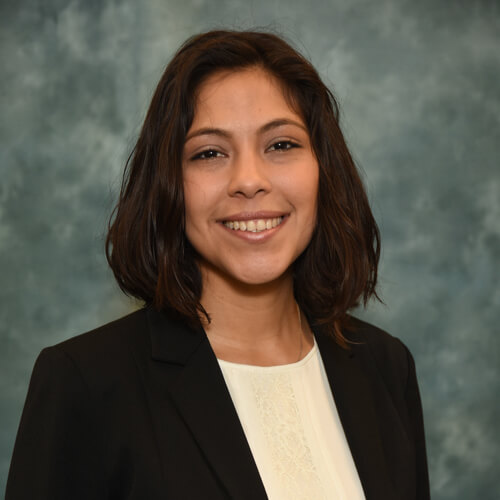
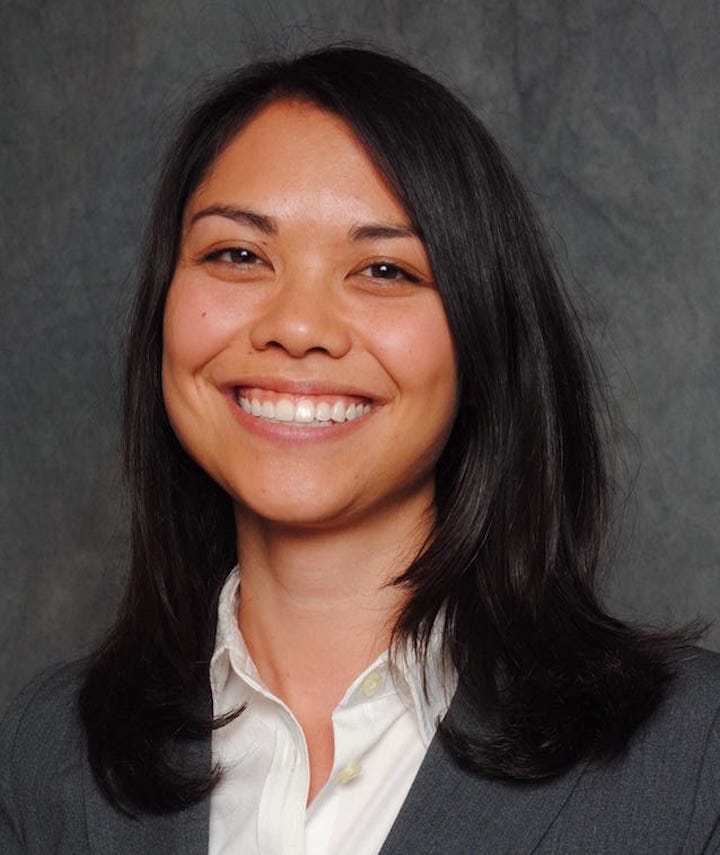


Psychotherapy with a Psychoanalytic Concentration AOD: "This AOD has allowed me to understand developmental stages and create frameworks for approaching my therapeutic work with kids and their caregivers. Learning opportunities such as the APsA fellowship and NCP's CAPP have increased my foundational knowledge of psychoanalytic theories and history. "
Parent-Infant Mental Health AOD: "Parent-Infant Mental health is the perfect bridge between our general adult training and CAP training. Understanding caregiver mental health, secure attachment theory, and dyadic treatment modalities provides trainees with opportunities to address child psychopathology through early intervention and prevention work."
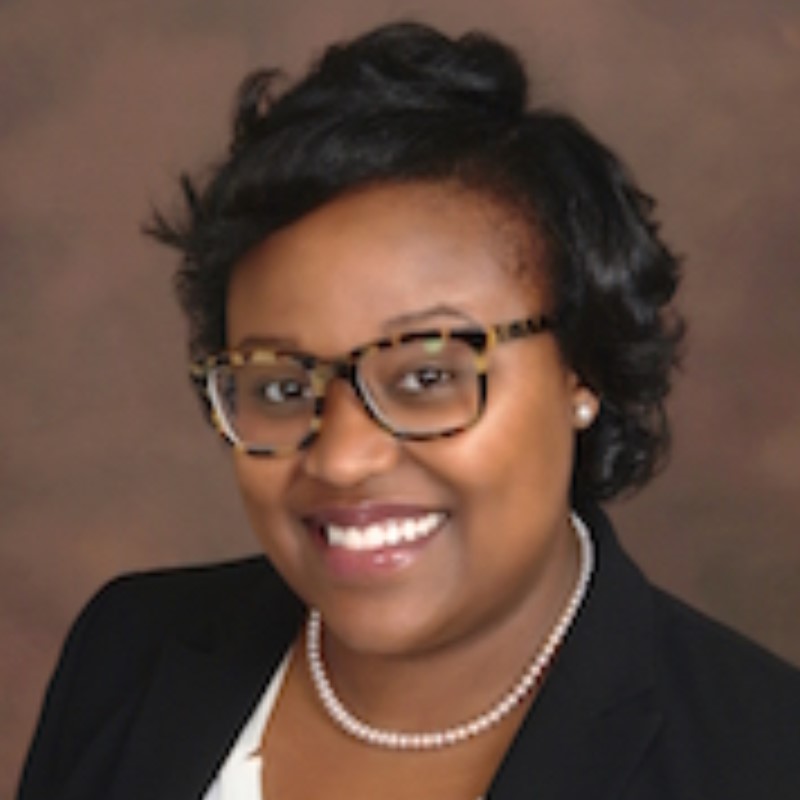
Parent-Infant Mental Health AOD
